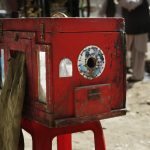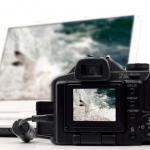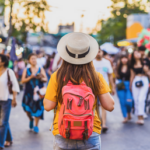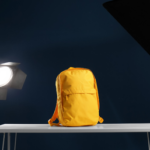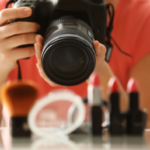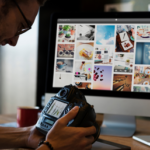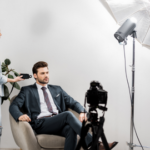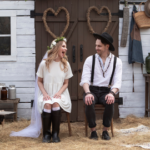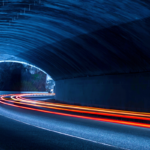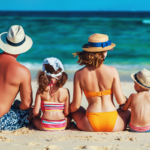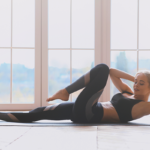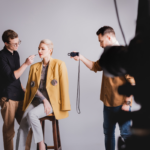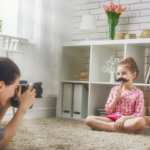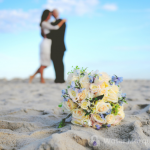Street Photography Explained
Street photography is interesting. Street photography at night is even more stunning, and capturing photos of people as they go about their daily lives is a fantastic way to get dramatic photos. Nevertheless, it could be controversial and might land you a big fat lawsuit. Here is a guide on what you have to know:
You Don’t Need Permission for Street Photography
A lot of people are going to find it offensive if you start snapping photos of them, even in a public place, if you don’t ask for their consent first. There is just something that feels off about knowing that some guy now has your face to do with what he pleases. It also seems like an invasion of privacy.
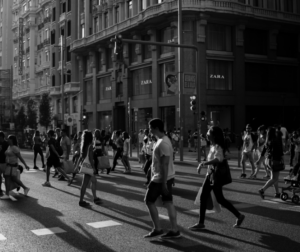
However, due to the fact is that you’re in a public place, you could actually take any photographs you want.
Privacy is referred to as “the condition or state of being free from being watched or disturbed by others.” Clearly, it would be logically unreasonable to presume privacy on the street or in a crowded subway train. If anyone argues that everyone can take pictures of anything they want while they are in a public location, another way of suggesting that a person’s right to privacy does not extend because that person has a fair expectation of privacy.
This is mainly the reason why when in a public location, a street photographer could take a photo of everything he or she could see from that point of view, even subjects on private property, as long as they are in public view. For instance, a photographer would be free to take pictures of a couple sitting in a cafe, or even inside the establishment through a window, as long as the photographer is on public property.
When Is It Illegal?
It is illegal to take photos of individuals who have fair standards of privacy. If you’re in a public bathroom stall with the doors closed, there is a strong assumption of privacy so that no one could stick a camera over the toilet and take a picture of you.
Furthermore, if you are in a private hotel with a massive window, and the photographer can see you from the street, then there is no presumption of privacy, even though a telephoto lens is required to see you more clearly.
Though fair minds can vary as to whether the act crosses an ethical line, it isn’t illegal. Absent any law that specifically provides for privacy; the photographer can take photos of you without your consent.
This is another street photography point on which people seem to be trapped. If you have the right to photograph a subject or event, generally speaking, you would have the right to show a photograph as an example of art or news – and that involves showing such photographs on your blog, in print, in news media, and in your photographic portfolio (printed or online).
Can You Sell Those Photographs?
You can also sell prints or digital copies of your street photography. Things begin to get more complicated when “private use” (usually related to advertising) comes into play, which is why stock agencies that license photographs for both personal and commercial use continue to demand a model release for any photos that they decide to handle that include a publicly identifiable individual.
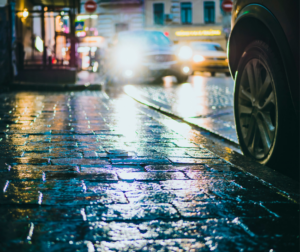
If you are in company, this could even become important to you by putting together your own advertising materials, in which case you may need to ask yourself if your picture of a recognizable topic indicates any kind of advocacy, support, or sponsorship of your work.— or whether the addition of the subject is just a matter of demonstrating your art.
You May Need Permission to Publish the Photo
As long as you do not intrude on an individual’s privacy and do not use a picture for commercial purposes, you do not need permission to publish it. If you take pictures for an ad, you need permission, no question about it.
If you take an image that goes up in a gallery where your art is on display, the line is hazier. In that case, the question is-is the intent of your street photography, artistic or commercial? In this scenario, if you are allowed to do so, even if you have to do so after the fact. If you can’t get consent, you might want to show a different picture instead.
Just because the area is open to the public, it does not make it public. Remember that places frequently deemed as “public,” such as theme parks, airplanes, shopping malls, performance arenas, and theatres, can be subjected to restrictions imposed by property owners once you reach their property.
Bear in mind that you’re legally bound to comply with the demands of landowners (or their subordinates, such as staff or security guards) to avoid street photography or even to leave the premises.
Crime scenes, military bases, energy installations, airports, museums, public hospitals, courthouses, and several government departments — while technically owned by the taxpayers — may likewise be off-limits to photographers or subject to pertinent limitations for privacy, security, or logistical reasons.
While there are common signs present advising on whether street photography is permitted in these locations, if you aren’t absolutely sure, do your homework or ask for approval right before you plan to have a photoshoot there.
If you are told that your street photography (or use of equipment) is forbidden, please feel free to inquire for clarity on the applicable policy, law, or legislation and its terms and conditions. Bear in mind that private citizens should not be detained unless they have observed a crime, and law enforcement officers may be detained if they have reasonable suspicions of illegal activity afoot.
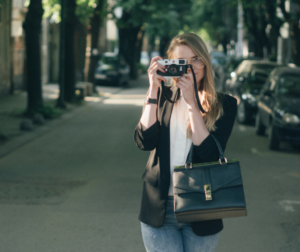
Photos of Police
It’s perfectly legal to shoot a photo of a police officer doing their duties, provided that they are in a public area. Nevertheless, the officers might interrupt your street photography if you interfere with their duties or if your safety is on the line.
Carlos Miller has an amazing blog on the subject of individuals being harassed for taking photographs of police.
Protect your Online Photos
No matter what part of street photography you enjoy, your online photos can be protected from theft by using watermarks. You can create watermarks easily with Watermarquee. For unlimited watermarks, sign up to the pro version today.


